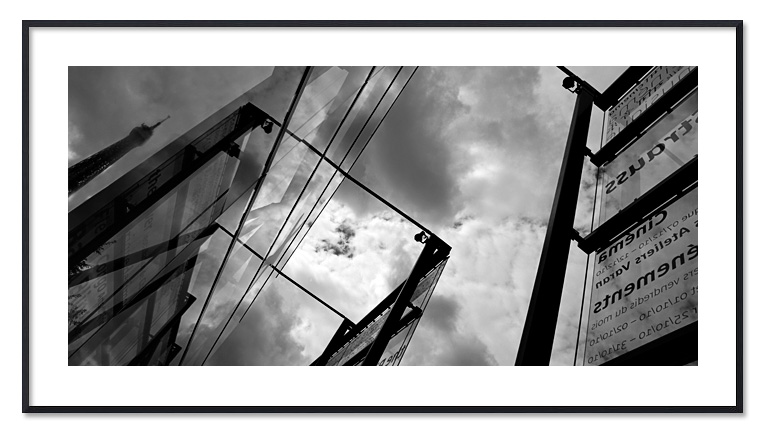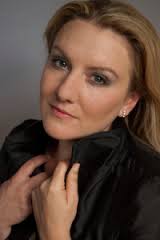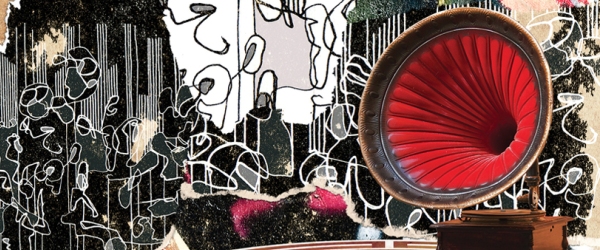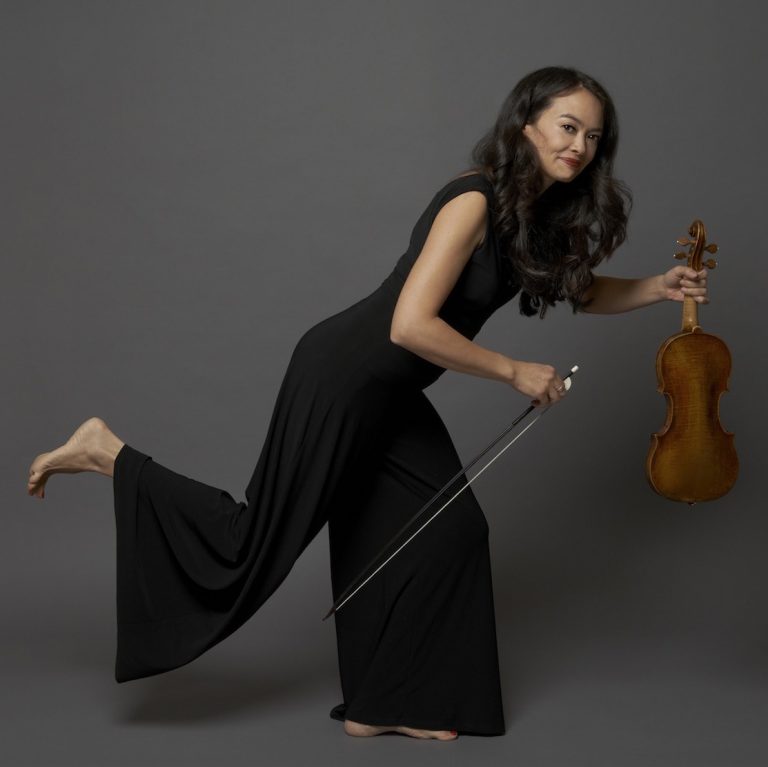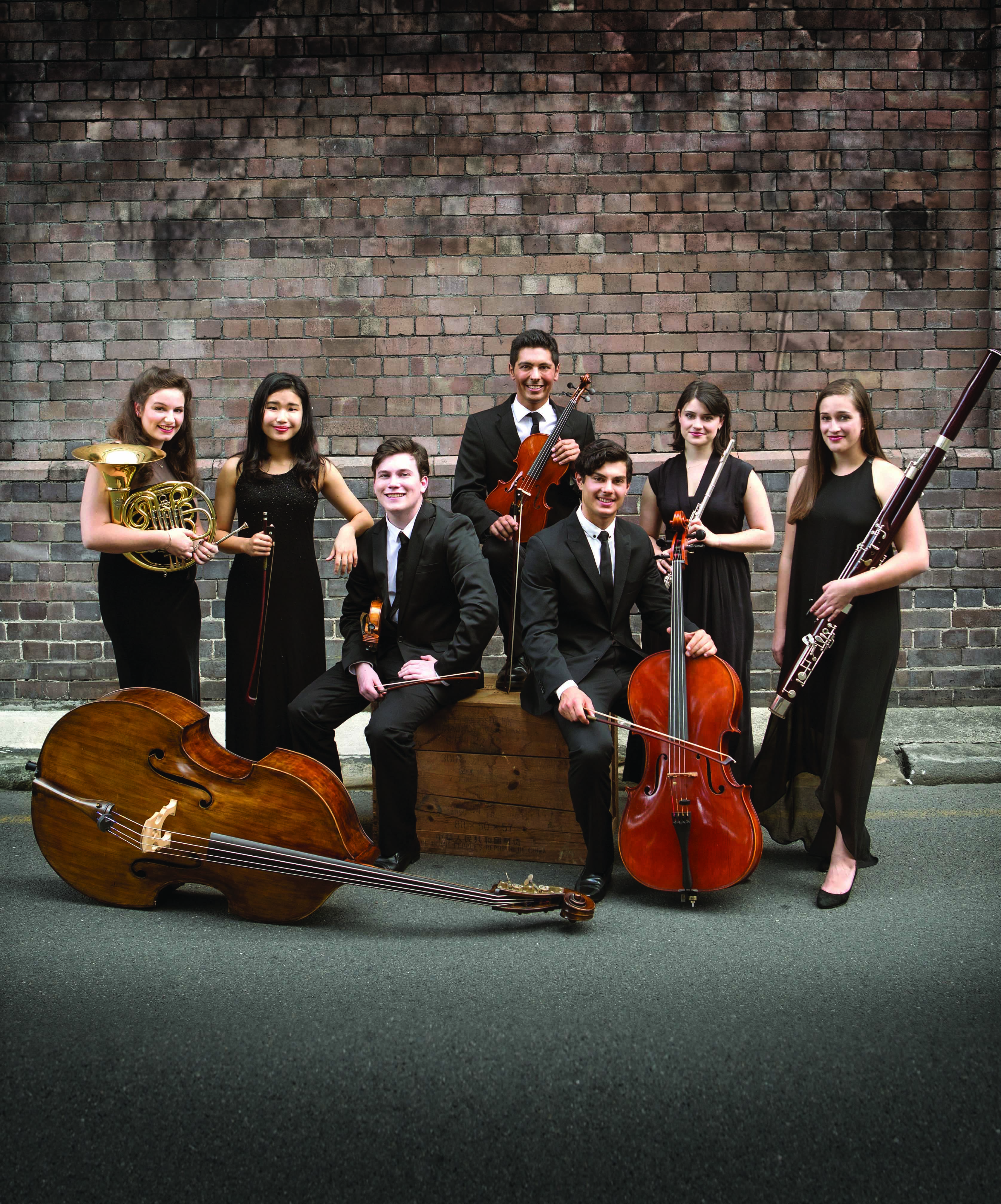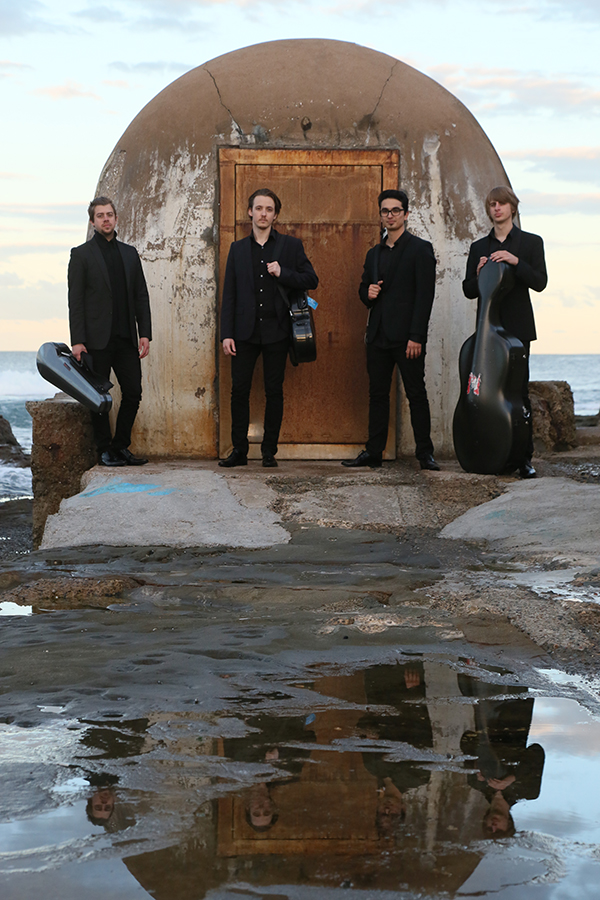JS Bach in the 21st century – the sydney chamber choir
 “An opportunity to shake hands across the centuries”. So says conductor Jonathan Grieves-Smith, who will be travelling from Melbourne to conduct the Sydney Chamber Choir in their concert “Bach to the Future” this weekend.
“An opportunity to shake hands across the centuries”. So says conductor Jonathan Grieves-Smith, who will be travelling from Melbourne to conduct the Sydney Chamber Choir in their concert “Bach to the Future” this weekend.
Anchored by three of JS Bach’s immortal motets (“Komm, Jesu, komm”, “ Singet dem herrn ein neues lied” , and “Lobet den herrn”) the programme features two premieres and propels us into the 21stcentury with the music of composers less familiar to Sydney audiences but who are gifted choral writers – American Stephen Paulus described in The New Yorker as “ a bright, fluent inventor with a ready lyric gift”; Richard Marlowe, one time director of music at Trinity College, Cambridge; from Latvia, Eriks Esenvald, and Australian Joseph Twist, himself a member of the choir which will perform the world premiere of his “Vor Singet”.
Grieves –Smith says “They have each taken chorales or hymns and added a layer of loveliness, drawing music from past centuries and returned it to ours with a lightness of touch and much beauty”. Added to these are works by Samuel Barber, Peteris Vasks and Gabriel Jackson. (Australian premiere).
Grieves-Smith went on to illustrate the nexus between the selected Baroque motets and the contemporary elements of the programme: “Johann Sebastian Bach used chorale tunes composed during the previous century and while maintaining their direct appeal from ‘man’ to God, enriches their expressive range with daring harmony and exquisite nuance. The ambition of the contemporary composers in this programme is to in the footsteps of Bach and add texture and expressive range without losing simplicity.
Bach’s motet’s are of course much larger than chorales! Words cannot easily explain the genius of Bach. These are choral symphonies and tone poems and should simply not be missed when such a wonderful choir is performing them!”
Jonathan Grieves-Smith is Chorus Master with the Melbourne Symphony Orchestra. He has held positions with major choirs in England and has been guest conductor with the Royal Philharmonic Orchestra, New Zealand Symphony Orchestra, Royal Liverpool Philharmonic Orchestra and the Hallé Orchestra. He has toured with the Chorus of the Academy of St Cecilia, the London Mozart Players and pianist Nelson Freire, and has conducted choirs in both Sydney and the UK. He is clearly excited to be working with the Sydney Chamber Choir. “The Sydney Chamber Choir has a singular and terrific record in performing and commissioning new music as well as refreshing music of the past and have, of course, in their Artistic Director, Paul Stanhope, one of the most talented, brilliant and generous composer/conductors in the country. I feel very fortunate to have been asked to conduct them and rehearsing them has been a complete joy”.
Gabriel Jackson’s wonderful ‘Not no faceless angel’ will receive its Australian premiere in the concert. “It is not related to the world of hymns but instead (like the Barber) is a very direct expression, using simple images and a very direct appeal. His is some of the most beautiful, transforming, exquisite and intense music being written for choir in the world at the moment”.
Music being written ‘at the moment’ may well apply to the genre of ‘New Music’ – a description often used, but infrequently discussed. Grieves –Smith believes that in a sense, all music is ‘new’. “We must be rigorous in seeking the truth of the work and bringing it as new to a contemporary audience, very much like an art conservator revealing the painting behind the accretions of tobacco smoke and pollution, the wear and tear of life on a wall”.
“However, what I refer to is music composed recently. Music directors and artistic directors have a duty to be continually refreshing the canon of choral music by commissioning and performing. To commission Australian composers with international partners ensures Australian composers are known and performed overseas and commissioning international composers ensures an international awareness of the work of choirs here.
Co-commissioning is also part of a solution to the perplexing question of how a composer can get a work heard beyond its premiere, given the prohibitive cost and risk of presenting a concert or making a recording. “Co-commissioning allows more people to hear a work and in more places; this greater audience and number of performers gives the possibility of further performances”.
Composers through the ages, from Schubert to Shostakovich have been inspired to re-invent the music of Bach, and it is reassuring to see the practice continue. Grieves-Smith observes “ Composers and performers learn from extraordinary minds, we are magpies, we walk in the footsteps of giants”.
Also visit our post on composer Joseph Twist talking about his composition ‘Vor Singet’, premiering this weekend.

